
Push Doctor
Medical and Health & Fitness
App
The UK’s Number 1 Online Doctor - The wait is over. Download the app and see a UK GP online in as...
Protein Deimination in Human Health and Disease: 2017
Anthony Nicholas, Sanjoy K. Bhattacharya and Paul R. Thompson
Book
Published in 2014, Protein Deimination in Human Health and Disease was the first book on this novel...
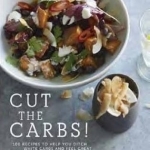
Cut the Carbs: 100 Recipes to Help You Ditch White Carbs and Feel Great
Book
Do you want more energy? Do you want to lose weight and keep it off - without depriving yourself? Or...
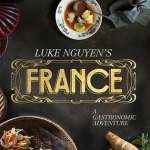
Luke Nguyen's France
Book
Luke Nguyen's France follows acclaimed chef Luke Nguyen as he traverses the culinary landscape of...
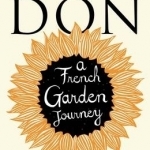
The Road to Le Tholonet: A French Garden Journey
Book
This is not a book about French Gardens. It is the story of a man travelling round France visiting a...
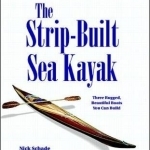
The Strip Built Sea Kayak: Three Rugged, Beautiful Boats You Can Build
Book
Strip-building - assembling a pile of thin wood strips into a functional hull - has been a popular...

Fantasy Princess - Girls Makeup & Dress Up Games
Beauty, Entertainment and Games
App
This is the fully unlocked version and it does not have advertisements! It’s every girl’s...
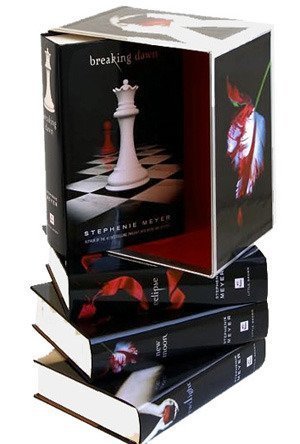
The Twilight Saga (Twilight, #1-4)
Book
Stephenie Meyer holds you spellbound with her incredible "New York Times" bestselling Twilight Saga....
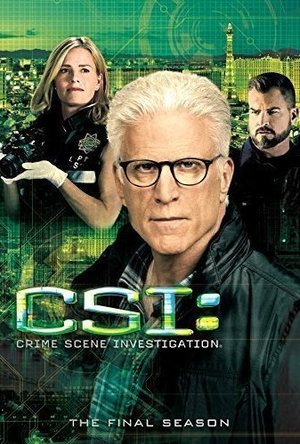
CSI: Crime Scene Investigation - Season 15
TV Season
Finlay finds her car rigged to explode ("The CSI Effect") as Sara and Greg are quarantined ("Bad...
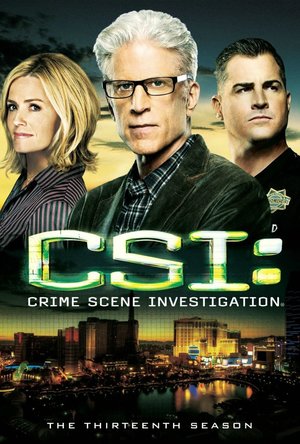
CSI: Crime Scene Investigation - Season 13
TV Season
D.B. and Finn hunt for missing Kaitlyn, while Sara convinces Nick to return to the Las Vegas Crime...
